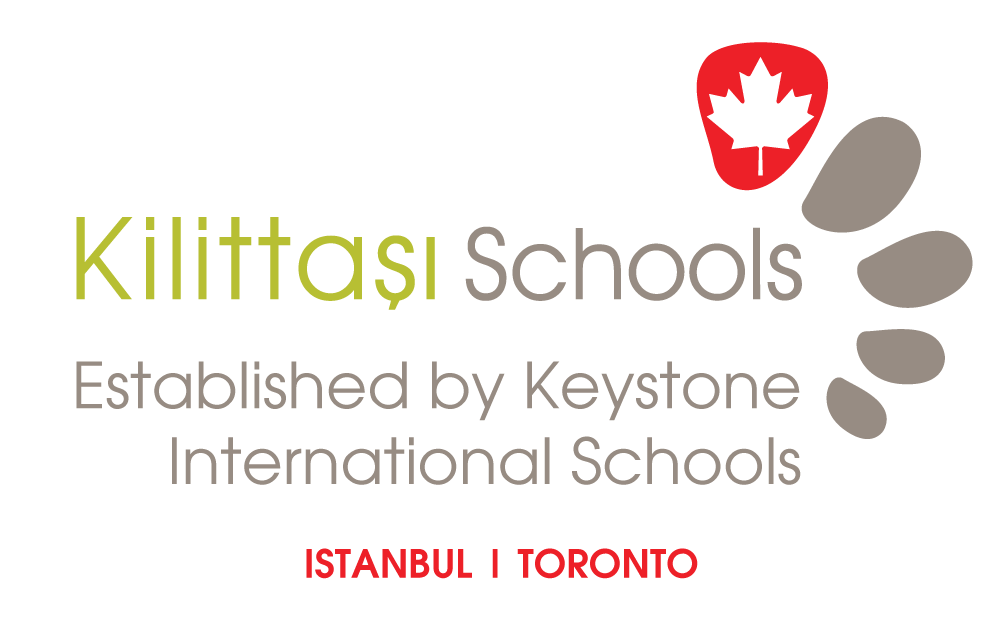Kindergarten (24-72 Months)
Education in English Language
In kindergarten, the primary language is English. However, every individual at Keystone Schools believes in the importance of early learning. For this reason, it aims to encourage students to learn for life by preparing a learning environment suitable for their development. Here, students learn to be part of a loving community while enjoying fun activities at school. In addition to this, students in kindergarten; also experience the advantage of acquiring problem-solving skills, developing their creativity, building their self-esteem, and being in an environment where collaborative learning is at the forefront.
Holistic and Inquiry-Based Learning Approach
Kilittaşı Schools adopts a holistic educational approach and focus not only on the cognitive development of students but also on their physical, personal, social, and emotional development. This holistic approach offers students opportunities to interact with their natural environment. Along with these interactions, we provide possibilities for our students to observe nature and be respectful of their environment.
Our utmost priority is to enlighten our kindergarteners’ lives so they can develop their social and emotional skills. Through in-class and outdoor activities during school days, students are nourished with an environment where they can enquire and learn through collaborating with their teachers and classmates.
English Language Arts (ELA)
English Language Arts (ELA) is the study and development of language arts. The learning fundamentals at ELA are as critical to the child’s social and emotional development as any other curriculum area. The skills learned through the language arts are important in themselves and essential for success in other fields of study and life outside of school. At our school, we are constantly exploring different ways of imparting spoken and written language to children in a meaningful way. We aim to encourage children’s love of literacy that will remain with them in the coming years and to help them understand its purpose in their daily lives.
Reading & Writing
During early speech and language development, children learn essential skills for developing literacy (reading and writing). For example, long before children start primary school, they encounter line work and writing visually (photographic memory), learn letters and interact. Gradually, children combine what they know about line work and written images and become ready to learn to read and write. Understanding how to hold the pen correctly and using the page from top to bottom and from left to right are the elements that will help students write correctly. In addition, they learn the letters of the alphabet, their sounds, and how to write each letter.
Phonics
Phonetics training helps the reader match sounds. This skill allows readers to decipher words and helps develop an aspect of word recognition. Children need to learn letter-sound relationships because English uses letters from the alphabet to represent sounds. Learning specific phonetic rules helps children find new words by generalizing them from words they know how to read. In addition, children learn about the sounds each letter makes and how a change in letter order changes the meaning of a word.
Mathematics
Our children must encounter enriched mathematics experiences that support the natural development of mathematical skills and encourage further research on the subject covered by experiments, observations, tools, and materials. Numbers are constantly present in kindergarten life and the learning process. Counting tools such as calendars, digital and analog clocks, calculators, beads, stones, and reeds support addition, subtraction, and counting. Number sense is crucial to success in mathematics. It explains that the child understands that the numbers represent quantity. In our kindergarten, our children see the relations of numbers with each other, understand how numbers are put together and separated, and have an intuitive sense of the number system. They work by sorting and grouping objects into clusters and explaining and extending simple patterns. Our children explore simple measurements using non-standard units. For example, analyzing how to classify objects by weight (heavy/light), capacity (amount more / less), and work with length (long/short). Thanks to their analysis, they are beginning to be able to use rulers and their standard units of measurement. They have a basic understanding of time concepts and use graphs to collect, analyze and present data.
Science
In kindergarten, our children are introduced to the scientific research process. Our kindergarten learning environment is full of opportunities for children to study, inquire, and research. It contains various materials that allow them to find out how the world works with observable physical evidence. They can also record their observations and prepare detailed theories about their environment. We believe kindergarten children are natural explorers who learn by participating in meaningful real-life experiences, examining, inquiring, inventing, and interacting socially. As a result, our classrooms are replenished with incentives that allow children to experiment, think creatively, and solve problems.
Second Language: French – A Gateway to a Strong Global Future
At Kilittaşı Schools, students begin their learning journey in kindergarten through a mother-tongue approach to English, allowing them to acquire the language naturally and confidently. This strong foundation prepares our students not only for primary school, but also for an international future.
From the age of four, students are introduced to French as a second foreign language. Throughout the primary years, French is taught using engaging, age-appropriate methods. In Grade 5, the program transitions into a French-intensive curriculum to enable students to communicate confidently in French by the end of the year.
Kilittaşı Schools is also an official DELF–DALF examination center. Students participate in these internationally recognized examinations administered by the French Ministry of Education, allowing them to certify their French language proficiency with a globally valid diploma. This provides parents with a clear, reliable measure of their child’s language development.
One of the most exciting components of our program is the annual educational trip to France, organized each spring. Accompanied by their teachers, students experience the language in real-life contexts, build self-confidence, and immerse themselves in French culture. This experience is a powerful motivator, helping students recognize the value of what they have learned and use French with enthusiasm.
At Kilittaşı Schools, French is not just a subject; it is a lived experience, a certified achievement, and a skill carried into the future.







Music
Our music lessons develop complex thinking, effective communication, aesthetic awareness, collaborative skills, and taking responsibility in our students. These skills are valuable components of a confident child. Our students get acquainted with music by singing and experiencing various instruments with our professional instructors. They learn to hold the rhythm and the difference between loud and soft voices. They recognize music’s artistic, cultural, scientific, and mathematical foundations. They find the opportunity to get to know and develop their voices by singing alone, being a part of the kindergarten choir, singing in a group, and singing with others. Our children also discover musical instruments individually and in groups.
Skill and Coordination
skills that will enable each student to develop a lifestyle in which regular physical activity is practiced, and the balance between the psychomotor, cognitive, and emotional domains supports the overall development of our children. Fundamental movement skills such as locomotor, non-locomotor, manipulative, body management, movement concepts, and developmental games are included in our course content, accompanied by our expert trainers. In addition, our children are discovering the essential elements of rhythm and rhythmic activities and health and wellness principles. Team sports, customized training, collaboration, and team-building exercises are carried out.


